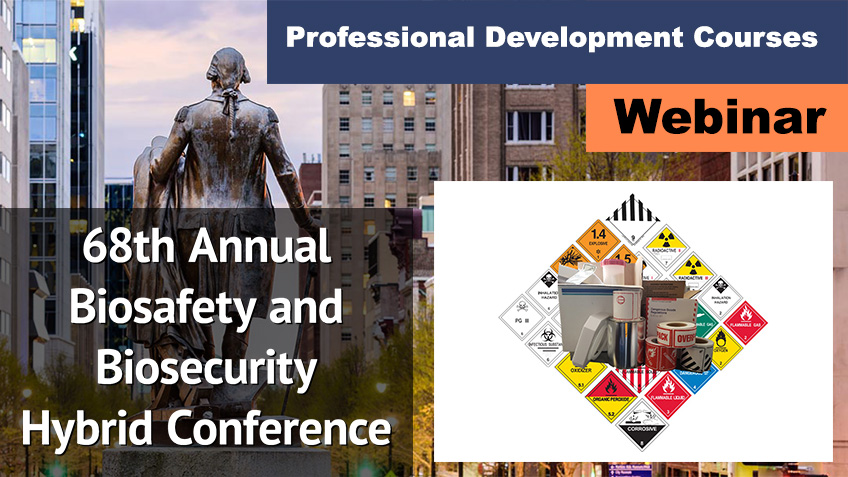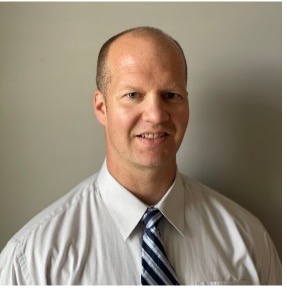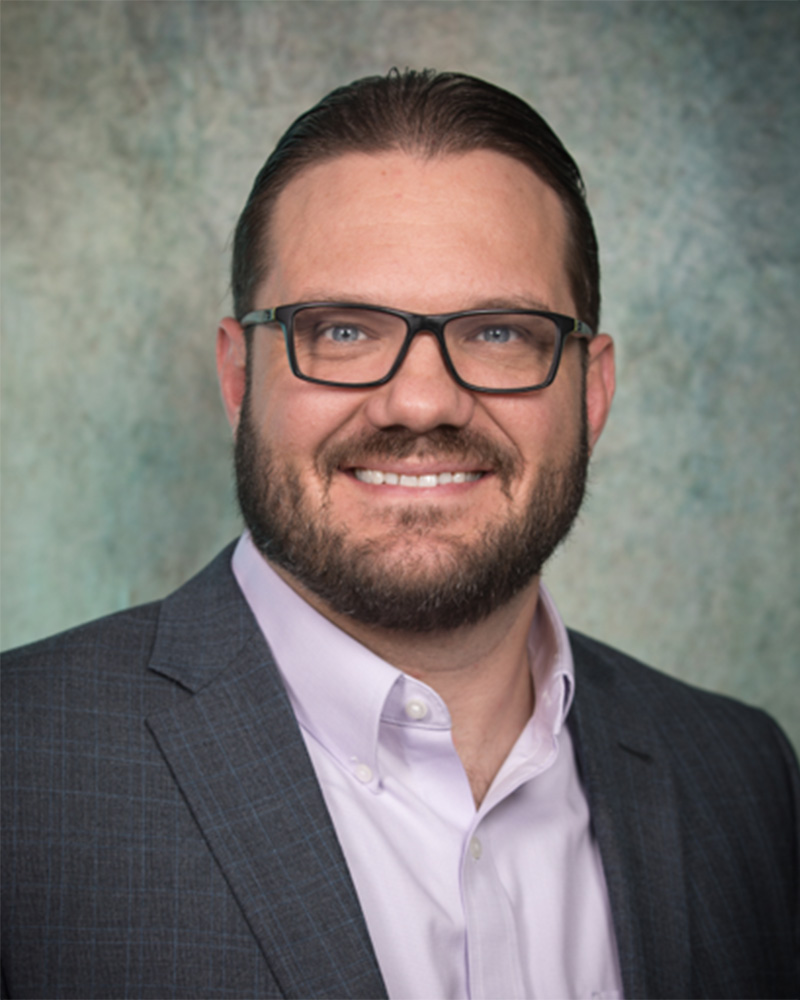ADVANCED LEVEL COURSES
October 24-26, 2025
Sunday, October 26, 2025, 8:00 AM – 5:00 PM
15. Advanced Risk Assessment
In this advanced and interactive course, attendees will evaluate a variety of challenging scenarios based on actual research protocol submissions and real-world events from multiple risk perspectives. Attendees will work in teams to conduct risk assessments on a diverse selection of scenarios that will include multiple systems used in research as a research project progresses from discovery to cell culture, to small animal models using recombinant materials, and human clinical trials. Risk assessments will focus on the likelihood of exposure and the severity of consequences from exposure to the multitude of hazards encountered in increasingly complex research as well as the surprises that may come across the biosafety officer’s desk. Attendees will be challenged to consider additional risks aside from infection and how best to mitigate them. Attendees should have a thorough understanding of pathogenic microorganisms, rDNA principles, other infectious substances and the link between biosafety, risk assessment, and risk mitigation for this advanced course. There is an emphasis on the interactive nature of the risk assessment process and differing views of risk tolerance will be considered; attendees should be prepared to participate in discussions and bring interesting or difficult examples of interest to them to discuss with the class.
Objectives:
- Prioritize risks based on the likelihood and consequences of an occurrence
- Identify risks requiring mitigation and mitigation strategies to minimize the unacceptable risks
- Identify institutional and external partners to help implement mitigation strategies
- Evaluate mitigation strategies for effectiveness, adjust strategies as warranted
Suggested Background: Fundamentals of Biosafety, Microbiology, and Molecular Biology, Basic Risk Assessment, Principles & Practices of Biosafety
Target Audience: Experienced Biosafety Professionals, Laboratory Workers
Audience Level: Advanced
COURSE FACULTY
CONTACT HOURS
This course has been approved for 1.0 CM points toward RBP/CBSP recertification. ABSA International is approved as a provider of continuing education programs in the clinical laboratory sciences by the ASCLS P.A.C.E.® Program. This course is approved for 7.5 P.A.C.E.® contact hours.
Sunday, October 26, 2025, 8:00 AM – 5:00 PM
16. ISO35001 Implementation Workshop
In 2019, ISO published a new biorisk management standard that many biomedical research laboratories all over the world are adopting. This workshop will provide presentations, facilitated discussions, and tools to introduce concepts related to biosecurity and biosafety (biorisk) management systems. Attendees will gain a deep understanding of biorisk management (BRM) systems and learn to apply the ISO 35001 framework as a strategic planning tool. The course guides participants in mapping their current systems to the ISO standard, identifying gaps, and prioritizing improvements to enhance biosafety and biosecurity practices. Using the ISO 35001 as a planning and mapping tool, will enable institutions to effectively identify, assess, control, and monitor the laboratory biosafety and biosecurity risks associated with hazardous biological materials using the concept of continual improvement through the PDCA (Plan-Do-Check-Act) principle.
Objectives:
- Identify the key elements of a BRM system based on the review sections of the ISO 35001 BRM system standard
- Map existing BRM systems to the ISO 35001 and identify both strengths and opportunities to improve existing system
- Prioritize elements or areas that need improvement
- Select an area for improvement and identify a simple, short term, project idea to help strengthen one element within the existing system
Suggested Background: None
Target Audience: Experienced Biosafety Professionals, All Safety Professionals
Audience Level: Advanced
COURSE FACULTY
CONTACT HOURS
This course has been approved for 1.0 CM points toward RBP/CBSP recertification. ABSA International is approved as a provider of continuing education programs in the clinical laboratory sciences by the ASCLS P.A.C.E.® Program. This course is approved for 7.5 P.A.C.E.® contact hours.
Webinars
Virtual Professional Development Courses – Webinars
All times listed are in CENTRAL TIME ZONE
September 12 – November 14
Although these courses are part of the Professional Development Program for the 68th Annual Biosafety and Biosecurity Hybrid Conference, it is not necessary to be a conference participant to register for these courses. Registration for the virtual professional development courses must be purchased on separate registration forms from the conference registration.
Monday, November 10 through Friday, November 14, 2025 | 1:30 pm – 3:10 pm CST
10V. Infectious Substance Shipping Program Management

This course is tailored for individuals responsible for establishing and overseeing infectious substance shipping programs within their facilities. This webinar series aims to assist institutions in developing robust shipping programs tailored to their needs. Course elements include: training; written policies; written descriptions of program plans; transport and shipping specific SOPs; safety and security plans; emergency response plans; logistics and supplies; carrier selection and support; MOUs and authorizations; access control and personnel assurance. The instructor will provide a detailed and comprehensive shipping program assessment and implementation guidance document. Attendees will receive an introduction to this document and step-by-step guidance on its completion. By completing the assessment document, attendees will conduct a thorough review to identify areas for improving existing shipping programs. This interactive, instructor led, web-based training will invite attendees to share examples of how these elements are addressed at their own institution.
What You’ll Learn
- Development and Oversight of Infectious Substance Shipping Programs – establish program components such as training, SOPs, safety/security plans, and emergency response procedures
- Program Assessment and Implementation Guidance – use a comprehensive assessment tool to evaluate and improve current shipping practices
- Regulatory Compliance and Operational Logistics – ensure personnel assurance and regulatory compliance in program operations
Objectives:
- Evaluate external and internal requirements or conditions that impact shipping policies and program components at a facility, emphasizing the relevance of international regulations (ICAO TI), international standards (IATA DGR), and other guidance (CDC, WHO, CWA) for developing a robust shipping program
- Recognize the components of a shipping program and utilize provided tools and templates to assess current shipping program elements, identifying opportunities for improvement
- Compare and contrast various approaches to setting up a shipping program (centralized, decentralized, hybrid), and gain an understanding of the advantages and disadvantages associated with each
Suggested Background: IATA Infectious Substance Shipping Certification
Who Should Attend: Experienced Biosafety Professionals, Infectious Substance Shipping Managers & Trainers
Audience Level: Advanced
Course Length: 8 hours (five 1-hour 40-minute sessions)
Questions
Please direct questions about this course to:
KariAnn DeServi, MEd
Director of Education, ABSA
866.425.1385 / education@absa.org
To receive the ABSA member rate, participants must be current ABSA members during the training year.
Course is five 1-hour 40-minute sessions. Within 10 business days of purchasing the recording, you will be added to the course on the ABSA International Training Site. If you have already taken ABSA courses, then you will receive an enrollment notification. If you are a new user, you will receive an invitation to create your account on the ABSA International Training Site. Once the account is created, you will see the course on your course dashboard. You will have 60 days to complete the course.
COURSE FACULTY
COURSE FEES
ABSA Member: $500
Non-member: $670
To receive the ABSA member rate, participants must be current ABSA members during the training year. Fees include course handouts, access to the ABSA International training site, and 8 hours of expert-led interactive instruction.
CONTACT HOURS
This course has been approved for 1.0 CM points toward RBP/CBSP recertification. *ABSA International is approved as a provider of continuing education programs in clinical laboratory sciences by the ASCLS P.A.C.E.® Program. This course is approved for 8.0 P.A.C.E.® contact hours. Course access links are unique and for individual use only. Sharing is prohibited. Duplicate logins or unregistered attendees will be removed from the webinar without a refund.







